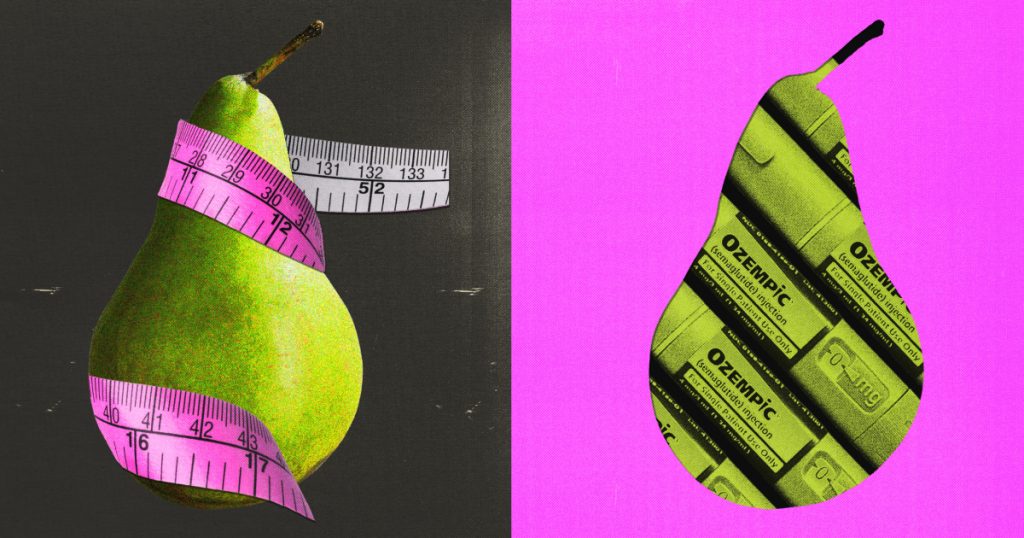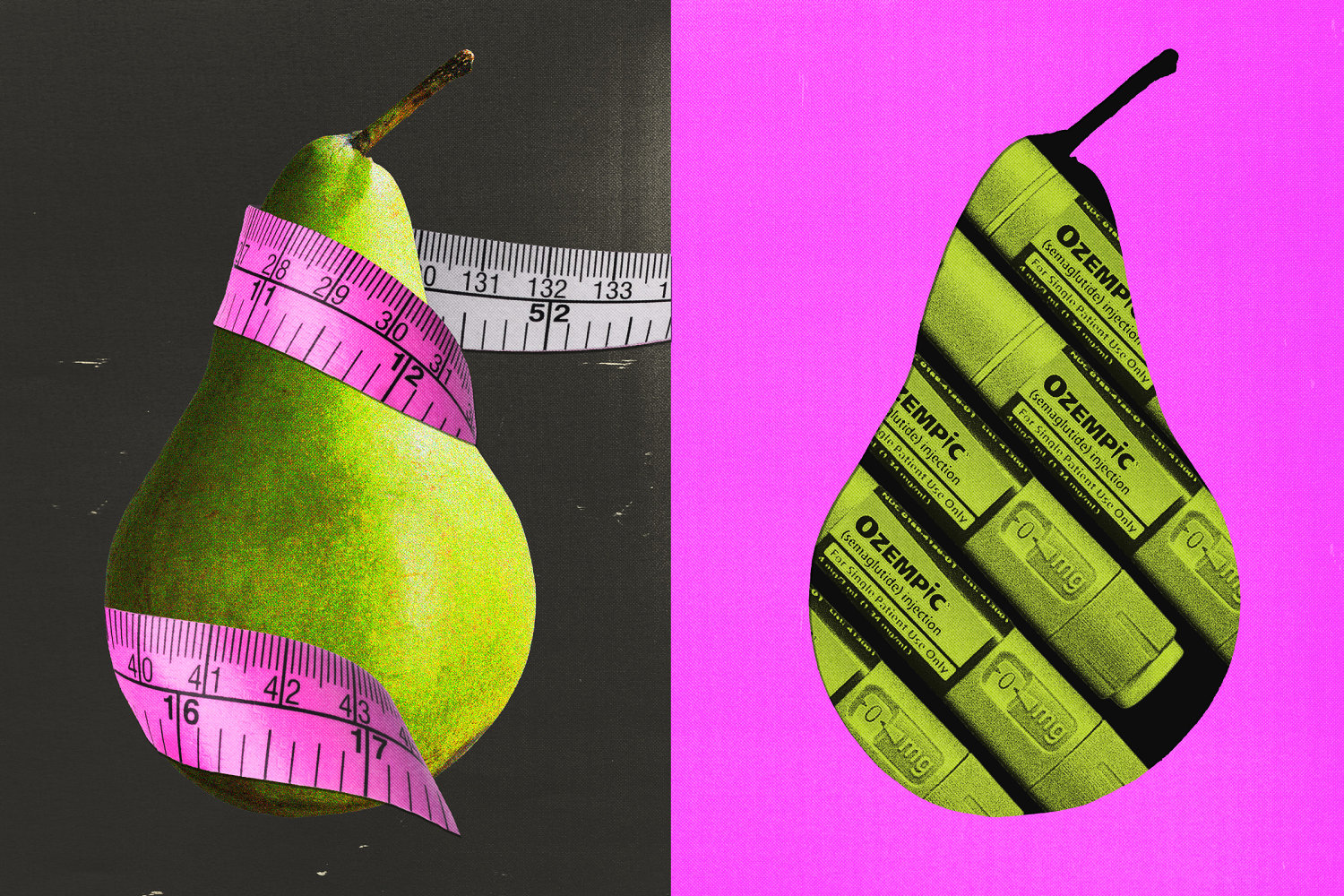

It’s a sentiment that echoes broader concerns in the body positivity movement that the drugs have halted and even reversed hard-fought societal changes in the way people talk and think about their bodies.
But for some, it’s not about appearance. The drugs are now often prescribed for some medical issues that they are not explicitly approved for — so-called off-label prescriptions — for people whose weight is a factor.
Earlier this month, influencer Kiki Monique told her 137,000 Instagram followers that for all the hate comments she receives about using weight loss medication, she receives even more messages of people thanking her for speaking out.
Monique began taking the medication after she was diagnosed as pre-diabetic, she said in the video.
“I’m doing this so people understand these drugs aren’t just because people want to get skinny,” Monique said while sharing some of her medical records in the video. ”It’s so that we feel better and if there’s anything about the body positivity movement that I’ve learned, it’s like, I want to feel good in my own body.”
The “bopo” movement — a belief system of self-acceptance regardless of body type — began to take its current form on social media around 2012, when it first began popping up on Instagram, according to research from the National Library of Medicine. It continued to grow online, with the pandemic helping give rise to more creators who post about everything from plus-size fashion tips to body confidence advice.
But amid a boom in demand for this new crop of semaglutide-based weight loss drugs, some creators feel body positivity has once again taken a back seat to attitudes they consider to be part of diet culture. This has manifested both on- and offline, as fashion trends like “heroin chic” resurge and brands like Old Navy roll back their inclusive sizing.
Some pharmaceutical companies have reportedly targeted plus-size and fat influencers for brand deals, according to The Washington Post. WeightWatchers also recently garnered backlash for creating a GLP-1 “hype house” marketing event for its new prescription obesity drug service, Bloomberg reported.
“It seems like overnight that a lot of our body positive, fat positive accounts on Instagram have turned into weight loss accounts, you know, or they [the creators] have just quietly lost weight,” said Lauren Hope Krass, co-host of the podcast “Diet Starts Tomorrow.” (“Diet Starts Tomorrow” will be changing its name in the coming weeks, Krass said).
Many creators have acknowledged weight loss is a triggering topic. But some feel the backlash over a personal choice — particularly one related to health — can be unwarranted and antithetical to the mission of body positivity.
 Latest Breaking News Online News Portal
Latest Breaking News Online News Portal





